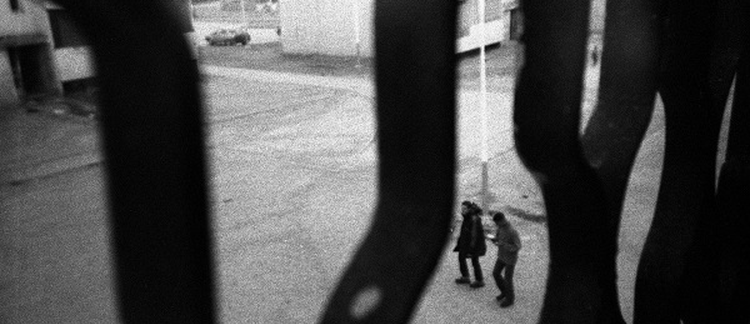Abstract
To download this paper, please click here.
This article addresses the trend, in early modern anatomical and midwifery books, of depicting the fetus within the uterine membranes. It asks why such images were made, what knowledge they conveyed, and how they were interpreted by makers and viewers. Examining various early modern examples, beginning with a 'fetus-in-membranes' image made for Hieronymus Fabricius in 1600 and ending with those made for William Hunter in 1774, this article argues that making images of the uterine membranes allowed both anatomists and artists to think through the skills and also the limits of their professions. For anatomists, the 'fetus-in-membranes' image spoke of the troubling opacity of the closed body, and the problems and limits associated with opening and looking. Moreover, the translucency and fragility of the membranes offered a challenge to the skills of the draftsman and engraver, and provided a space to think through the acts and implications of image-making.

